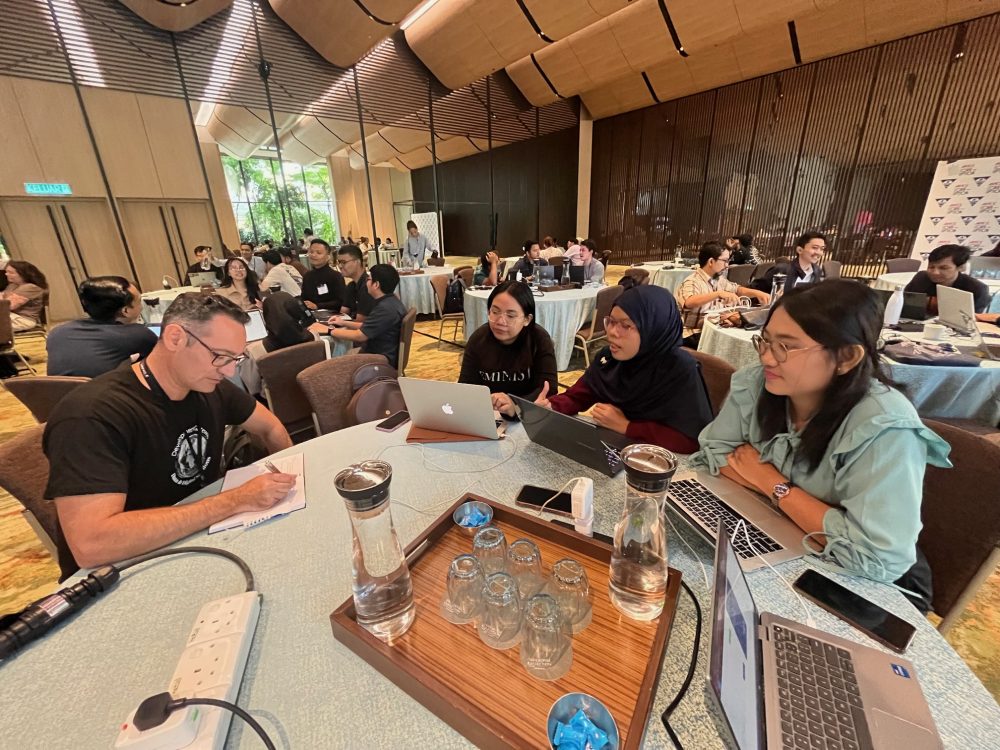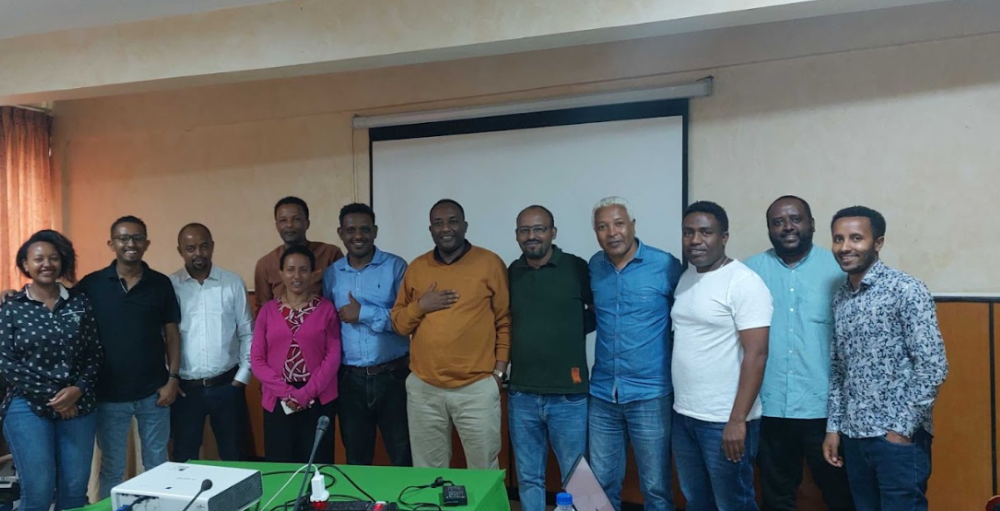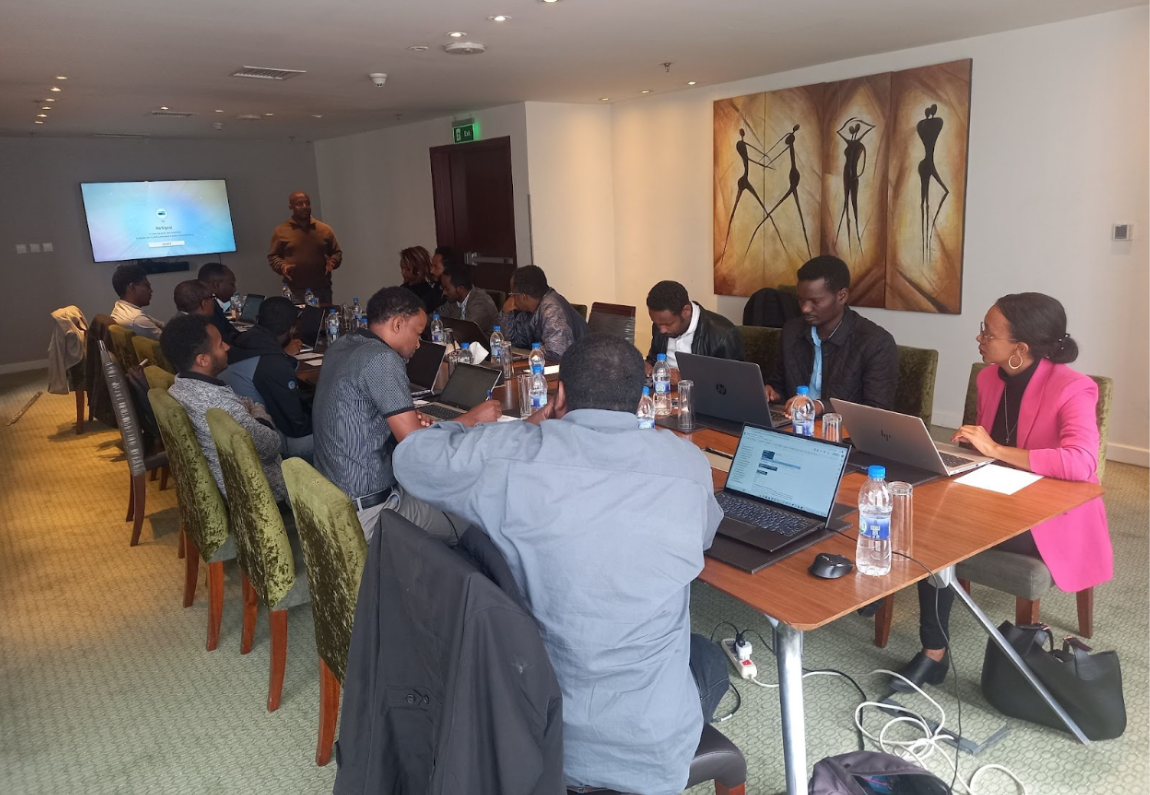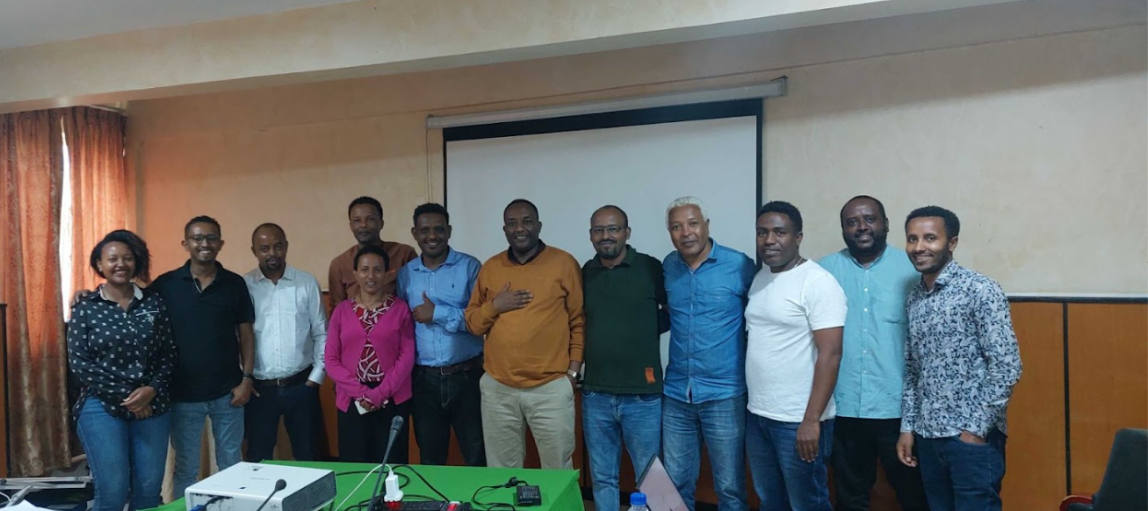Why a Fertilizer Dashboard for Kenya?
VIFAA Going Forward
In November 2022, AfricaFertilizer (AFO), our partner on the Visualizing Insights on Fertilizer for African Agriculture (VIFAA) program, rebranded and launched a new website. This website includes the integration of country-specific VIFAA dashboards, which were previously housed in separate websites. By integrating the country-specific dashboards as well as fertilizer data on trade, production, consumption, and retail prices for 18 countries in sub-Saharan Africa, the new AFO data allows easier comparative analysis across countries and contributes its quota to the advancement of food security throughout Africa.
We have updated the previous country-specific dashboards links to now redirect you to AFO’s new website in order to ensure you are accessing the most up-to-date resources.
Yesterday, we launched the Visualizing Insights for African Agriculture (VIFAA) Dashboard in Kenya. Tracking information from fertilizer price to consumption, the new dashboard makes Kenya’s fertilizer data easier to access, use, and share for national and county level decision making.
Below, Grace Chilande of AFO and IFDC explains why the VIFAA dashboard is needed and how it will be used.
We are proud to have launched the VIFAA dashboard in partnership with Africafertilizer.org (AFO), the International Fertilizer Development Center (IFDC), the Kenya Ministry of Agriculture, Livestock and Fisheries, county governments, numerous private sector companies, and development partners.
Share
Related Posts

DG Developing Open Source AI Tool to Help with the Fight against Corruption
We’re excited to announce our forthcoming open-source AI tool to support anti-corruption work. The tool, which we hope to register as a Digital Public Good, will be used to extract text from complicated contracts and support anti-corruption efforts by increasing accessibility of and transparency around hard-to-access information.

Three “Hacks” in Advancing Anti-Corruption Work To Strengthen Accountability
Since partnering with Accountability Lab (AL) on HackCorruption in 2023, staff from Development Gateway: An IREX Venture (DG) and AL have mentored teams from the hackathons hosted by the project, which is aimed at leveraging innovative digital tools to identify and fight corruption. After serving as the mentorship team for hackathon winners, DGers Gabriel Inchauspe and Kelley Sams, along with AL’s David Sada have identified three hacks in mentoring anti-corruption change-makers and ultimately, furthering transparency and accountability through the creation and use of digital tools.

aLIVE Program Reaches Milestone: Livestock Data Standards Endorsed by Ethiopia’s Ministry of Agriculture
In early 2024, the "a Livestock Information Vision Ethiopia" (aLIVE) governing committee endorsed a comprehensive set of standards to guide the collection, storage, and maintenance of livestock data in Ethiopia (i.e., a data standard). The data standard specifically focuses on standardizing data on cattle, sheep, goats, and camels in the country. The National Livestock Data Standard document contains standardized data sets for national animal data recording, animal disease, diagnosis, treatment, vaccination recording, animal events recording, location, and other additional attributes.

Addis Ababa, Ethiopia — March 2024
On January 25, 2024, the governing committee—which includes Ethiopia’s Livestock State Minister Dr. Fikru Regassa—endorsed a comprehensive set of standards to guide the collection, storage, and maintenance of livestock data in Ethiopia (i.e., a data standard) that was developed through the a Livestock Information Vision Ethiopia (aLIVE) program, which the committee advises. The data standard specifically focuses on standardizing data on cattle, sheep, goats, and camels. This is a huge milestone for Ethiopia, a country with the largest livestock population in Africa.
Following 12 months of dedicated work and validation by a wide range of livestock stakeholders, the endorsement of the Livestock Data Standard marks a major milestone for both the program and for data management within Ethiopia’s livestock sector. This milestone was reached thanks to the efforts of team members and leadership at Development Gateway: An IREX Venture (DG) and Ethiopia’s Ministry of Agriculture (MoA); with our partners, including the Livestock Improvement Corporation (LIC) and International Center for Tropical Agriculture (CIAT) as well as at least 19 other partner organizations; and with support from the Bill & Melinda Gates Foundation.

Standardization of data collection and management is crucial to enhance the quality, availability, and usability of livestock data across various information systems in the country. Implementing this standardization involves the development of and adherence to common definitions, formats, indicators, and protocols for collecting, processing, storing, and sharing livestock data among stakeholders. One significant advantage of data standardization is the enhanced interoperability of information systems which enables seamless and secure communication and data exchange between different systems. Creating system interoperability is a key component of the aLIVE program.
Establishing a comprehensive data standard is the first major accomplishment in the aLIVE program’s ultimate goal to build an interoperable platform consolidating livestock data for better data-driven decision-making in Ethiopia. Much of Ethiopia’s livestock data collection and management systems are incomplete and inconsistent, because they have been built and adapted independently of one another. In order to address the problem of fragmentation in Ethiopia’s livestock data, the aLIVE project is enhancing the interoperability of five core livestock data systems: ADNIS, DOVAR II, ETLITS, NLMIS and AADGG.
Ultimately, setting data standards for the livestock sector will better allow for the analysis of livestock data for planning, monitoring, evaluation, and learning purposes—which is vital in a country where agriculture is a critical part of the economy, accounting for about 40% of gross domestic product and 80% of exports.
Streamlining Ethiopia’s Livestock Data to Advance Agricultural Prosperity
In addition to the benefits to Ethiopians, developing a standardized and interoperable livestock information system in Ethiopia can bring numerous benefits to the livestock sector itself. For instance, animal registration can help establish the identity, ownership, traceability, and health status of individual animals or groups of animals, leading to improved animal health management, disease control, breeding programs, and market access. Market data plays a crucial role in providing valuable insights into the supply, demand, prices, quality, and trends of livestock products and services. By analyzing this data, market efficiency, competitiveness, transparency, and profitability can be enhanced for both producers and traders. Similarly, health data is instrumental in improving animal health monitoring and safeguarding public health from animal-borne diseases.
Co-Design and Collaboration: How the Livestock Data Standard was Developed
In order to develop the data standards, the aLIVE team held a series of co-design workshops in 2023 with the MoA, the five core livestock data system owners, and key stakeholders in the livestock sector.

The team also held one-on-one meetings with the system owners to understand starting points and priorities for the data standards. In these meetings, the team gained an understanding of the overall data entry fields and the data collection process. The team was also able to reach preliminary agreements regarding the changes required in each data system in order to implement the new standards. After these meetings, a data standard task force (DSTF) was established comprising owners of the five priority systems, experts working with data on these systems, and staff from the MoA ICT directorate.
The aLIVE team then developed the initial data standard document by adopting international data standards (including standards from the International Committee for Animal Recording and World Organisation for Animal Health) and contextualizing the data standard to fit the data ecosystem of Ethiopia’s livestock sector.
The aLIVE program held its first data standard task force consultation workshop in Adama, Ethiopia in May 2023, during which the team presented the draft data standard document for review and feedback from various key stakeholders from across the livestock sector, including representatives from across the MoA, the Ministry of Trade & Regional Integration, the International Livestock Research Institute, and many other agriculture institutions. This feedback was then incorporated into the document, playing an important role in shaping the focus of the standards to fit stakeholder needs. For example, one key piece of feedback received was that it was important to place equal emphasis on species such as camels, goats, and sheep, in addition to cattle, which previously had been the primary focus. This feedback was particularly valuable as it prompted us to include standards in new areas, including animal grading and body conformation scores across all four species.
The second round of the DSTF workshop was held in July 2023, where the second draft was reviewed and further comments and feedback were collected. The document was then finalized at a validation workshop in November 2023.

Next Steps
The next phase in this process is familiarization and adoption of the Livestock Data Standard throughout Ethiopia’s livestock value chain. To help with this, the team is developing a data standard implementation guideline to serve as a roadmap for successfully implementing the livestock data standard across the five core livestock data systems. By following these guidelines, stakeholders can improve data collection and interoperability across systems, resulting in more efficient analysis and utilization of integrated data.
About aLIVE
A Livestock Information Vision for Ethiopia (aLIVE), DG and the Bill & Melinda Gates Foundation—in partnership with Ethiopia’s Ministry of Agriculture—will empower Ethiopia’s stakeholders in the livestock sector to make data-informed decisions by providing relevant, accurate, timely, and digital livestock data and analytics. Ultimately, the aLIVE program will support Ethiopia in meeting national food demands as well as achieving food security while building a robust, more independent economy.
Partners
Development Gateway: An IREX Venture (DG)
Development Gateway: An IREX Venture (DG) provides data and digital solutions for international development. DG creates tools that help institutions collect and analyze information; strengthen the institutional capacity to use data; and explore what processes are needed to enable evidence-based decisions. As a mission-driven nonprofit since 2000 with staff based in five global hubs and around the world, DG supports the use of data, technology, and evidence to create more effective, open, and engaging institutions. Learn more at www.developmentgateway.org.
Livestock Improvement Corporation (LIC)
LIC is a farmer-owned co-operative with over 100 years experience in delivering genetic improvement and technology solutions that empower farmers and enables decisions to be made efficiently for their farming operations. Learn more at www.lic.co.nz.
CIAT
The International Center for Tropical Agriculture (Centro Internacional de Agricultura Tropical or CIAT) collaborates with partners to help developing countries make farming more competitive, profitable, and resilient through smarter, more sustainable natural resource management. CIAT ensures the continuity of technical knowledge and provides advisory support. Learn more at www.alliancebioversityciat.org.
Share
Recent Posts

DG Developing Open Source AI Tool to Help with the Fight against Corruption
We’re excited to announce our forthcoming open-source AI tool to support anti-corruption work. The tool, which we hope to register as a Digital Public Good, will be used to extract text from complicated contracts and support anti-corruption efforts by increasing accessibility of and transparency around hard-to-access information.

Three “Hacks” in Advancing Anti-Corruption Work To Strengthen Accountability
Since partnering with Accountability Lab (AL) on HackCorruption in 2023, staff from Development Gateway: An IREX Venture (DG) and AL have mentored teams from the hackathons hosted by the project, which is aimed at leveraging innovative digital tools to identify and fight corruption. After serving as the mentorship team for hackathon winners, DGers Gabriel Inchauspe and Kelley Sams, along with AL’s David Sada have identified three hacks in mentoring anti-corruption change-makers and ultimately, furthering transparency and accountability through the creation and use of digital tools.

Custom Assessment Landscape Methodology 2.0 – Reflections After Five Years
Our new white paper re-introduces our flagship methodology, Custom Assessment Landscape Methodology (CALM), to help our partners, collaborators, and teammates better engage with a flexible and adaptive assessment methodology.
